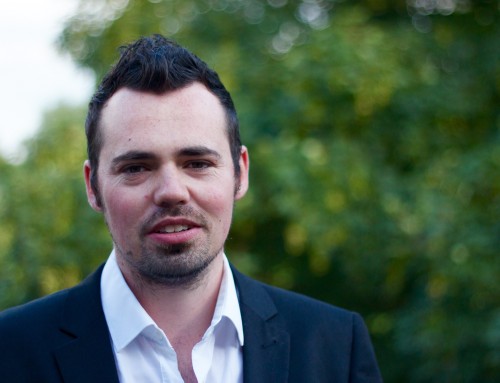WADA Says Media is 4th Estate in Anti-Doping
WADA Senior Manager, Media Relations and Communications, Ben Nichols has said that the media can now be considered ‘the 4th estate’ in anti-doping, alongside sport, government and athletes.
In an article published on the WADA website, Nichols highlights the important role the media has played in educating the public on the role of anti-doping initiatives, as well as bringing to attention doping standards that have hit the world of sport.
…in Germany, an anti-doping department was initiated within the broadcaster ARD in 2007, giving its journalists greater funding to investigate doping stories. Initiatives such as this are to be welcomed, as they allow doping to be scrutinized and the efforts of anti-doping organizations to be highlighted.
Despite welcoming the clear advantages presented by media organisations giving more prominence to the anti-doping movement, Nichols cautions that the privacy and rights of athletes should be considered just as carefully.
…what is seen as being in the public interest must, importantly, be balanced with the rights of the athletes. It is every athlete’s right, following a positive test, to have their “day in court” hearing outside of public display, or, ultimately, by the Court of Arbitration for Sport (CAS).
Collaboration
Nichols highlights how WADA’s ongoing efforts to educate the world of sport, athletes and the public in general relies heavily on the successful collaboration between sporting bodies, athletes, government and the media.
By reporting when doping cases occur, the media plays a significant role in acting as a deterrent to athletes who fear being ‘named and shamed’, argues WADA. Nichols also raises the second significant role the media will play moving forwards; promoting the positive movements being made in anti-doping.
They are letting these athletes know, not only what their rights and responsibilities are, but why doping is dangerous and wrong; and, that there is a better way: the clean sport way.

